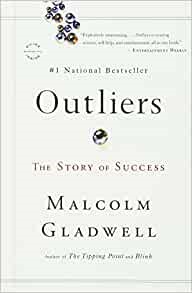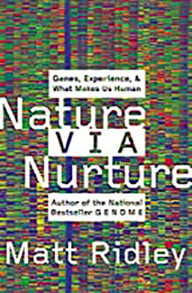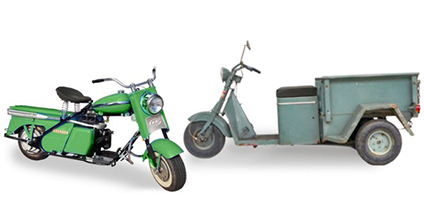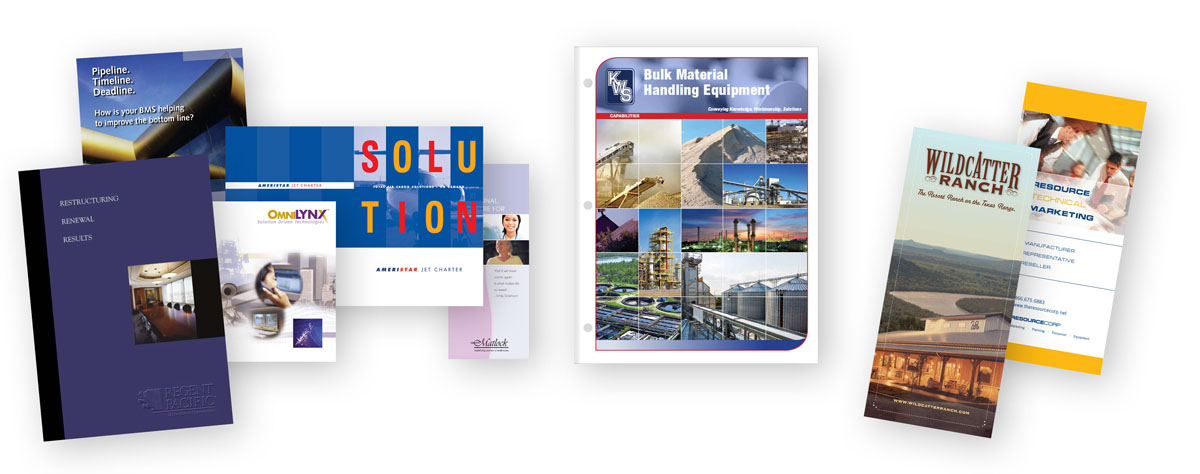Cultural Lessons

Cultural Lessons
What does the humble grain of rice have to do with success? Turns out that it’s pretty much everything.
About Rice
A typical rice paddy that can sustain a family of five is roughly twice the size of the average hotel room. It must be perfectly flat, within 1” of level. It must consist of a hard clay base to retain the water, covered by a couple inches of rich soft mud. It requires intricate irrigation to maintain the precise amount of water within an acceptable temperature range. It must contain the exact amount of fertilizer within a very narrow margin.
For thousands of years, typical rice farmers have been peasants without the economic wherewithall to automate and/or the real estate to expand. Consequently, the only way to improve their harvest has been to make more studied decisions, insure best possible use of the land, and work longer hours. On average, rice farmers work at least 3,500 hours per year, stooped over, in every kind of weather, using nothing but hand tools.
“No one who can rise before dawn 360 days a year fails to make his family rich.” — Chinese proverb.
Asian Whiz-Kids
Anyone involved with public schools has noticed that Asian kids excel at math and science far beyond kids of Western heritage. Some have surmised that Asians have naturally higher IQs. The large Ivy League Universities have even encountered legal issues because they hold Asian applicants to a higher standard in efforts to “diversify” their student body.
On the International TEMS (Math and Science) test, administered every four years, kids from Singapore, South Korea, Taiwan, Hong Kong, China, and Japan have ALWAYS dominated the test scores. The results are consistent over 40+ years and indicate domination by wide margins.
Interestingly, the test is preceded by a lengthy questionnaire of 120 questions about family, environment, interests, etc. More interestingly, Western kids rarely ever complete the entire questionnaire, leaving ten to twenty questions blank. Most interestingly, the ranking of countries in the final test scores can be predicted consistently by simply ranking how completely the kids filled out the questionnaire (without ever having solved a single equation) – year after year, the math score rankings and questionaire completion percentages are identical.
Persistence Alone Reigns Supreme
So, it turns out not to be IQ or even opportunity, that enables Asian kids to dominate the fields of Math and Science. It is their cultural inclination towards persistence and determination.
Professor Alan Schoenfeldt at Berkley University teaches a course on problem solving. He’s documented that average Western high school students will spend between thirty seconds and five minutes trying to solve a difficult math problem before moving on or asking for help. On the other hand, Asian students encountering the same roadblock, spend at least twenty minutes and stop to re-evaluate their assumptions along the way before asking for help.
Is there a “persistence” gene?
In his book “Nature Via Nurture”, Matt Ridley (one of the Human Genome scientists) discusses how genetic markers “evolve” over years due to behavior. Now, imagine the effect of having thousands of years of ancestors whose only means of growing enough rice to survive was laboring persistently for 360 ten-hour work days every year and spending the remaining hours contemplating ways to improve their harvest. Might not that ancestry provide significant impact (via both nature and nurture) on one’s study and work habits?
Is success then, race-based? Not at all. As human beings, we have the capacity to learn from every individual, family, and culture we encounter. Mimicry is the highest form of flattery. If we mimic the ancient Asian character quality of persistence, we pay homage to their success while learning to make ourselves more successful in the process. Character favors no race.
Persistence is not the only determining factor in success but it is definitely the lever that provides any individual with significant advantages
Great Reads, Good Listens
“Outliers”
by Malcolm Gladwell
If you want to learn more about how the demands of Rice farming led to academic success for thousands of Asian students, this is a must-read. It goes far beyond documenting the power of persistence and shows how the coincidences of our everyday lives add up to provide unique opportunities for success. The trick is to be lucky and seize those opportunities when they come along, thus reaping the benefits. “Luck is when preparation meets opportunity” — Seneca.

“Nature Via Nurture”
by Matt Ridley
Ridley’s book explores the impact of nurture on the evolution of human genes and how repetitious behavior actually impacts future genetic traits. He pretty well puts to bed the age-old argument about nurture vs. nature and shows how the two interact to create human beings with unique qualities. One downside: “Nature Via Nurture” is only available in print so you’re gonna have to go old-school with this one.

“Nothing in this world can take the place of persistence. Talent will not; nothing is more common than unsuccessful men with talent. Genius will not; unrewarded genius is almost a proverb. Education will not; the world is full of educated derelicts. Persistence and determination alone are omnipotent.”
― Calvin Coolidge











